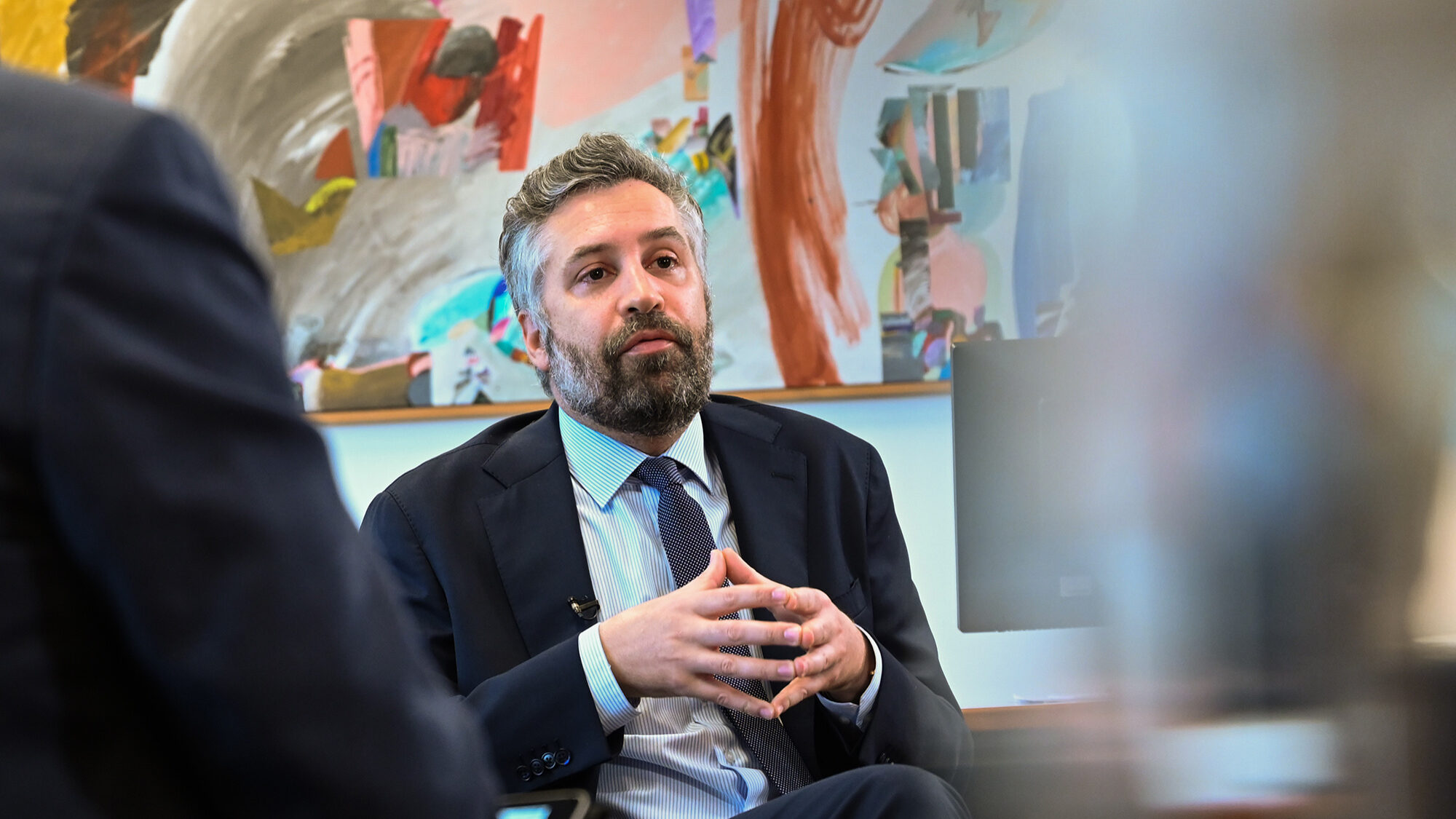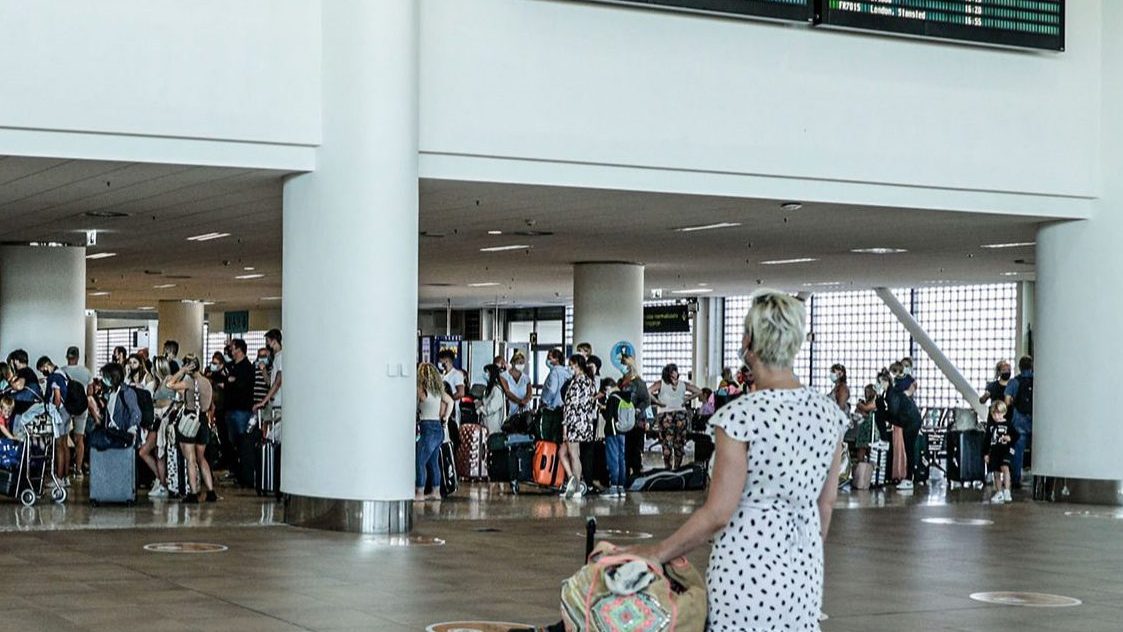Decision on new Lisbon airport must be immune to changes of government
"We must have a decision that is taken to be executed whatever the government, whoever the leader of the government (...) because it has to be a decision for the country," said António Costa.
Portugal’s prime minister, António Costa, has said that it is fundamental that the decision on the new Lisbon airport be “shielded from all the contingencies that normally exist in a democracy”, such as the alternation of governments and party leaders.
“We must have a decision that is taken to be executed whatever the government, whoever the leader of the government, whoever the leader of the opposition, because it has to be a decision for the country and it has to result in a will supported by the overwhelming majority of the political forces” that represent it, António Costa said in Viseu.
Speaking at an AICEP (the country’s foreign trade and investment agency) conference on “Exports & Investment”, on Wednesday, the prime minister said that in addition to the “political stability that the Portuguese decided in the last elections”, it is also important to have “stability in fundamental decisions for the future of the country”, such as the new airport.
“The agreement with the main opposition party on the methodology so that, once and for all, the country can take a decision on a strategic infrastructure for the future, such as Portugal’s major international airport, is absolutely central,” he stressed.
According to the prime minister, everyone knows that, “over almost 60 years, the most diverse locations have been decided and studied”.
“We all know almost by heart all the advantages and disadvantages of each one and, surely, the final decision will have many advantages and many disadvantages,” he said.
Recalling that this is “a project that will serve generations”, the prime minister considered that it cannot be “left to the whim of a majority, which, however absolute, is necessarily cyclical”.
The Technical Commission that will carry out the strategic environmental assessment for the new airport will study five solutions, and may propose more if it sees fit, said the minister for infrastructure and housing, Pedro Nuno Santos, at the end of September.
At stake is a solution in which Humberto Delgado airport becomes the main airport and Montijo the complementary one, a second in which Montijo gradually becomes the main airport and Humberto Delgado the complementary one, a third in which Alcochete fully replaces Humberto Delgado airport, a fourth in which Alcochete will be the main airport and Santarém the complementary one and a fifth in which Santarém fully replaces Humberto Delgado.
António Costa was convinced that this year Portugal will achieve “a better public debt to GDP ratio than the best forecasts” throughout the year.
“Next year, we have to meet the objective we set ourselves in the budget for 2023 and we cannot fail to meet the objective we set ourselves for the legislature and that is in the government’s programme, which is to reach 2026 with a debt to output ratio below 100%,” he stressed.
According to the prime minister, this is the trajectory that the government has to follow: “Was it easier without the war? It was, but we will still have to continue despite the war and that means making choices”.
Addressing those present, especially the president of AICEP, Luís Castro Henriques, who will soon cease functions, António Costa defended the union of efforts.
“Faced with difficulties, we must join together, support each other and do our best so that, 15 years from now, the successors of Luís Castro Henriques, my successors, the successors of the eternal mayor of Viseu [Fernando Ruas] can stand here and say: ‘in these 15 years, we have done even better than they did in the previous 15 years’,” he added.


